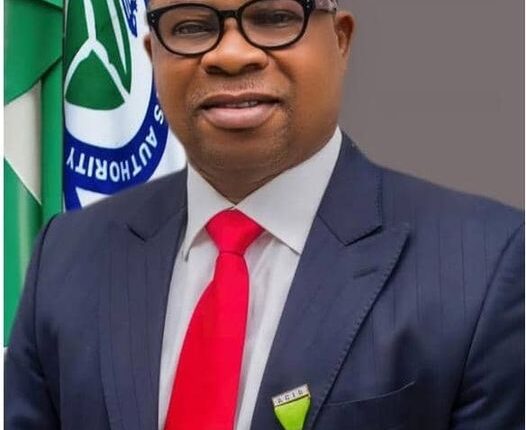Maureen Aguta
The Ministry of Transportation, Niger State has applauded the Ministry of Marine and Blue Economy and the National Inland Waterways Authority (NIWA) over the recent donation of 3,700 life jackets to the state.
Speaking on Monday, when journalists on a fact-finding mission on the causes of boat mishaps in the country visited the state, the Commissioner for Transport, Niger State, Hajia Hadiza Idris Kuta, said the life jackets donated to the state have been distributed to all boat operators in the 17 local government areas connected by water in the state.
Idris Kuta who was represented by the Permanent Secretary of the Ministry, Lucky Barau, disclosed that passengers were saved during a boat mishap recently in the state.
“In a recent boat mishap, all passengers were saved because they were all wearing life jackets. This is the impact the jacket has on boat passengers,” she said.
The Commissioner who applauded the managing director of NIWA, Bola Oyebamiji, said his leadership has transformed inland waterways transport in the country.
She also stressed that the Ministry and the authority enjoyed a cordial working relationship that has further promoted safety in the state.
The Commissioner also stated that the state government has banned night travelling and overcrowding of boats.
She stated that the government has provided fibre boats for riverine communities to replace wooden boats, even as they are set to employ safety marshals to enforce the usage of life jackets and stop overloading of boats.
“The state government has shared some life jackets with the operators before the federal government came. Also, contracts have been awarded to supplement what the federal government did. The governor has also provided fibre boats to replace the wooden boats. This is to move people away from wooden boats, and they have shared about eight as a start, and we are on the verge of getting water ambulances.”
“We’re setting up a water marshal that will enforce the usage of life jackets, because we get to understand that most people don’t even want to use a life jacket.
So, the state government is considering recruiting water marshals who will enforce the usage of this life jacket.
“Currently, if you don’t wear the jacket, you will not board the boat, and this is in an attempt to curb the loss of life on the state’s inland waterways,” she said.
She also noted that the state government strictly control overloading on the fibre boats donated to the riverine communities.


